Interview
Social Cohesion
What role do transportation and infrastructure play in promoting social cohesion in Europe?
-
Isabel García Muñoz
Member of the European Parliament
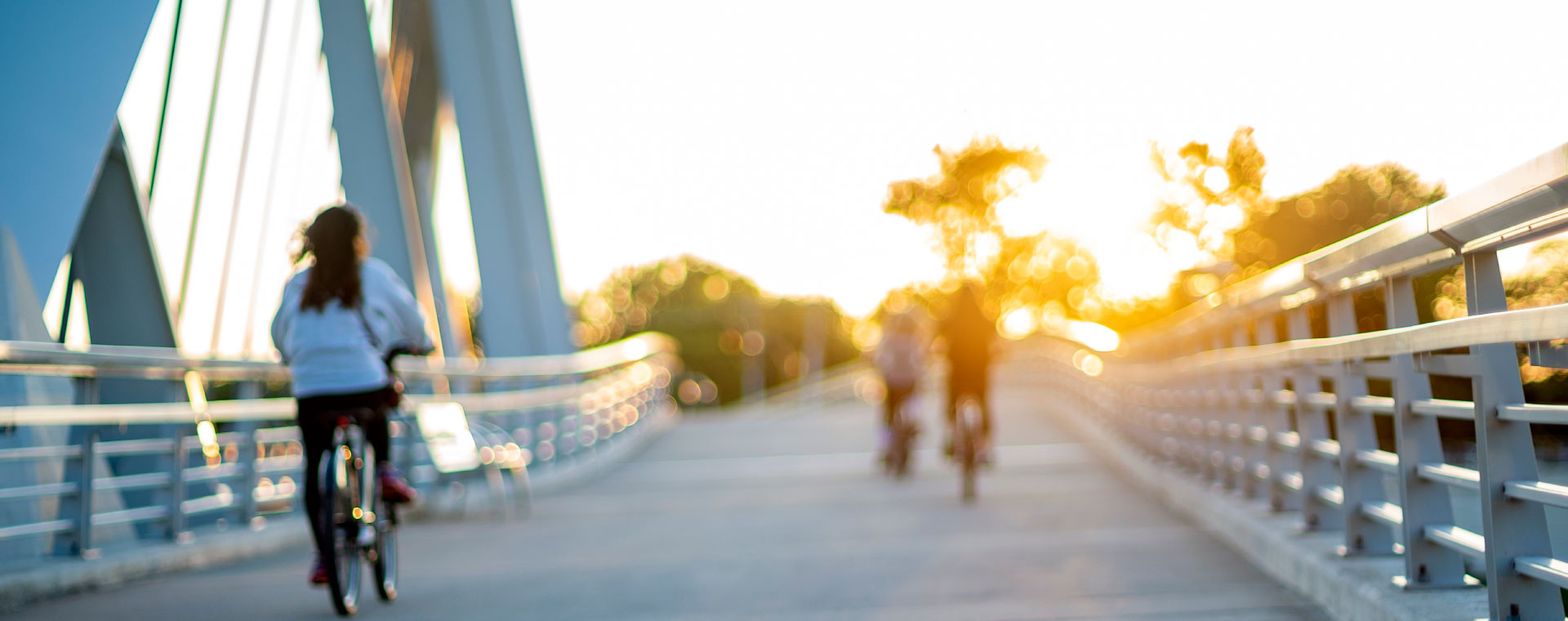
MEP Isabel Garcia Munoz explains how mobility contributes to social cohesion in Europe
Coming from a village in Aragon called Muel, with just over 1,000 inhabitants, I'm well aware of the importance and link between social cohesion, services and transport infrastructure. The accessibility and connectivity of all territories depend on efficient transport systems and well-developed infrastructures. Without these, social cohesion cannot exist. Accessible transport services and infrastructures contribute to the emancipation of individuals within communities.
I firmly believe that mobility must be a universal right, playing an essential role as a precursor to access to other fundamental rights such as housing, work, education and health. It is therefore essential to meet the different mobility needs of each territory. To achieve this, we need to pay particular attention to rural areas and islands.
There are many ways of improving social cohesion through mobility, but one thing is certain: there is no magic formula. One of our key actions is to combat mobility poverty and make transport accessible to the most vulnerable. We need to invest in public transport, improve the quality and frequency of services, and encourage citizens to opt for more sustainable mobility solutions.
Communication and collaboration with communities and authorities are necessary to understand interest and concerns about mobility. Finally, I believe that when it comes to transport policies, we need to put in place an auditing process that examines policies from a cohesion angle, to take account of mobility needs and ensure that social cohesion is revitalized.
-
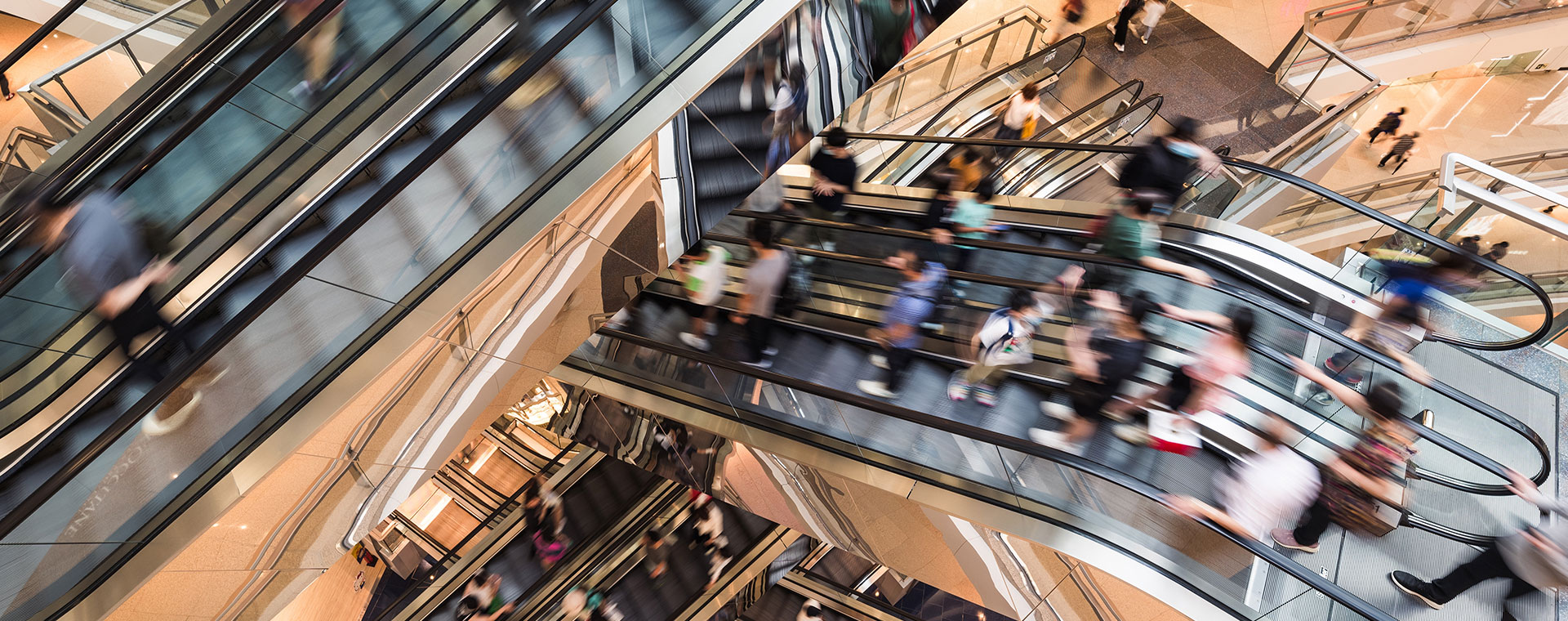 Edito
Common Good
Edito
Common Good
Is public transportation a common good?
Passalacqua Arnaud, Professor at the Paris School of Urban Planning
Public transportation is a common good: this is a commonly accepted fact, even if its meaning isn’t explored in depth. The question of commonality raises a number of tensions between the public transport’s organization and its financing methods, which are little known to users. -
 Edito
Landscapes
Edito
Landscapes
What landscapes will we be able to contemplate from the windows of our public transit vehicles?
Jean Pierre Thibault, Director of the French section of the International Council on Monuments and Sites
When designing transportation structures, we must not neglect their visual impact. -
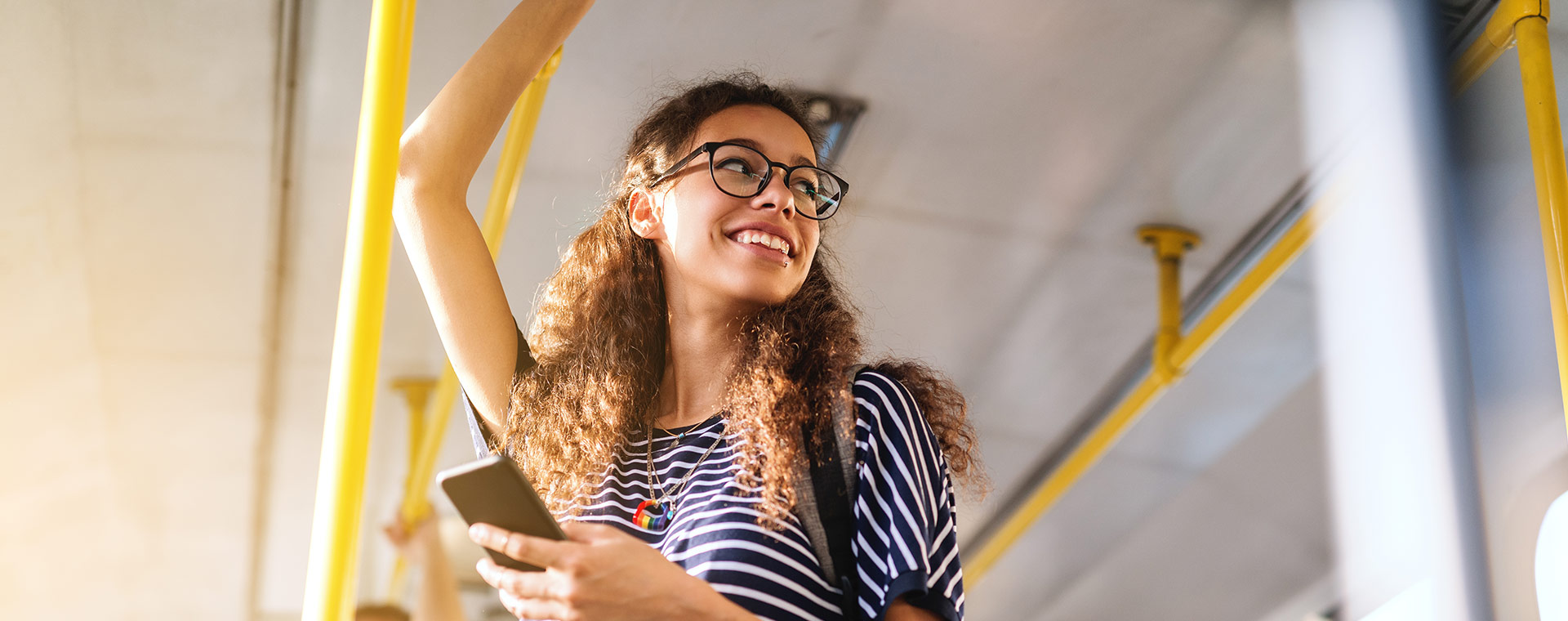 Interview
Desirability
Interview
Desirability
What needs to occur for public transportation to become our default choice?
Karaki Samah, Founder and Director of the Social Brain Institute
-
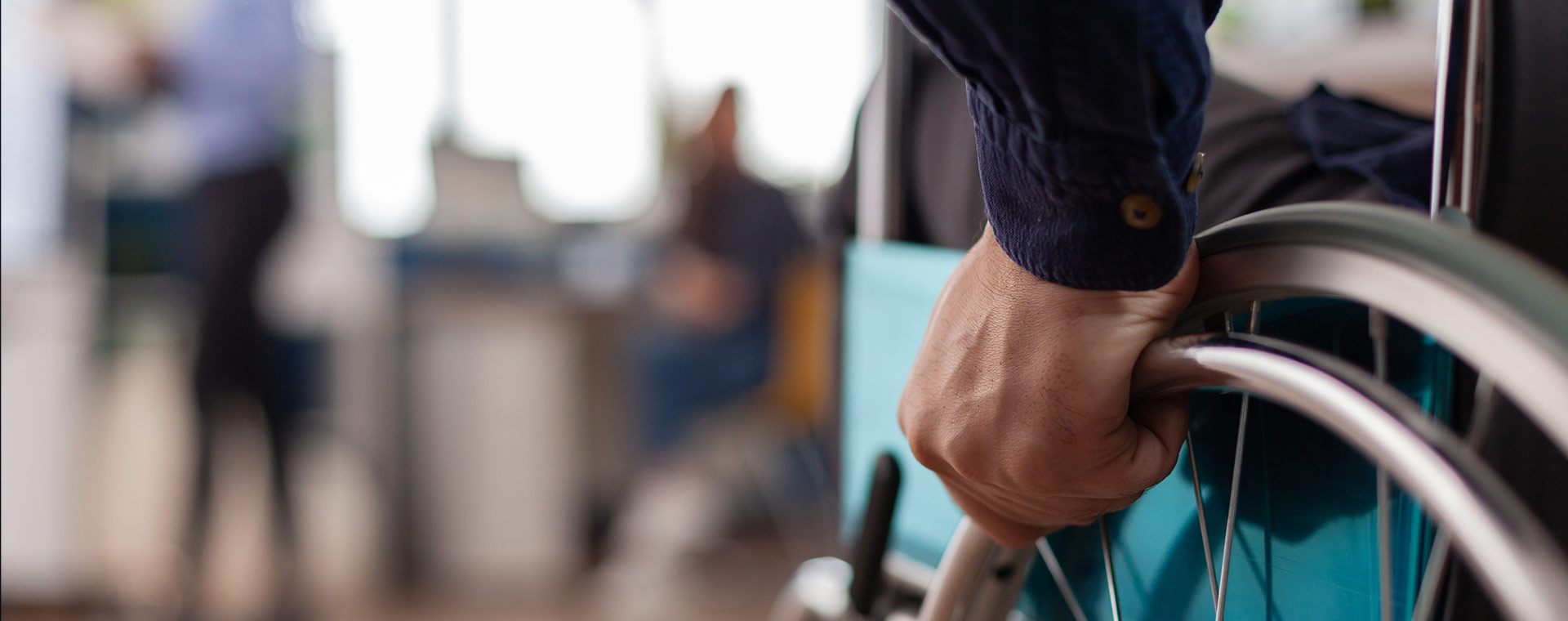 Edito
Welcoming mobility
Edito
Welcoming mobility
How can we foster a welcoming transport system for a city’s inhabitants?
Blache Chris, Urban anthropologist and co-founder of the "GENDER AND THE CITY" (GENRE ET VILLE) platform for reflection and action
Any approach to safe mobility in the future mus put people first. To create a warm and welcoming atmosphere on public transportation, we need to view our fellow riders as valuable allies, rather than potential enemies. -
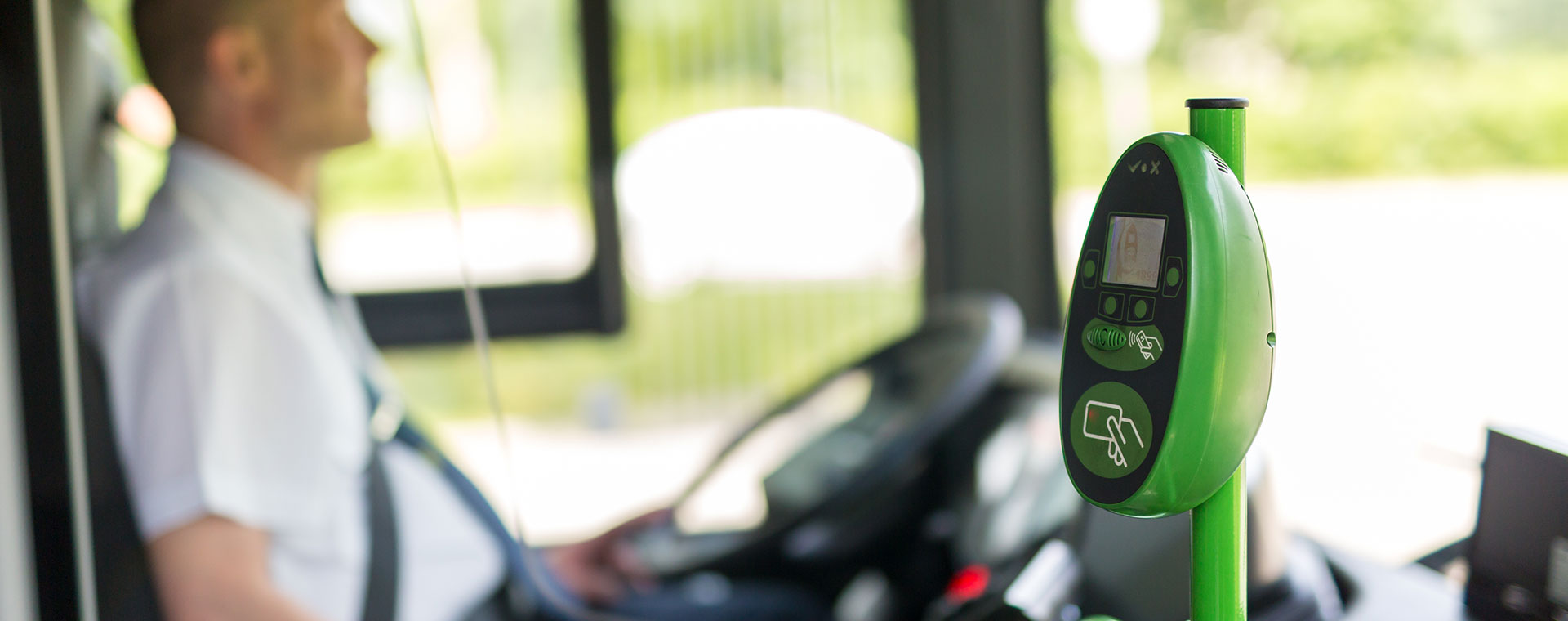 Edito
Access
Edito
Access
Will the public transportation systems of tomorrow be fair for all?
Bousson Damien, Co-founder of Atsuké
Transport tickets are an essential part of ensuring fair access to public transport.


